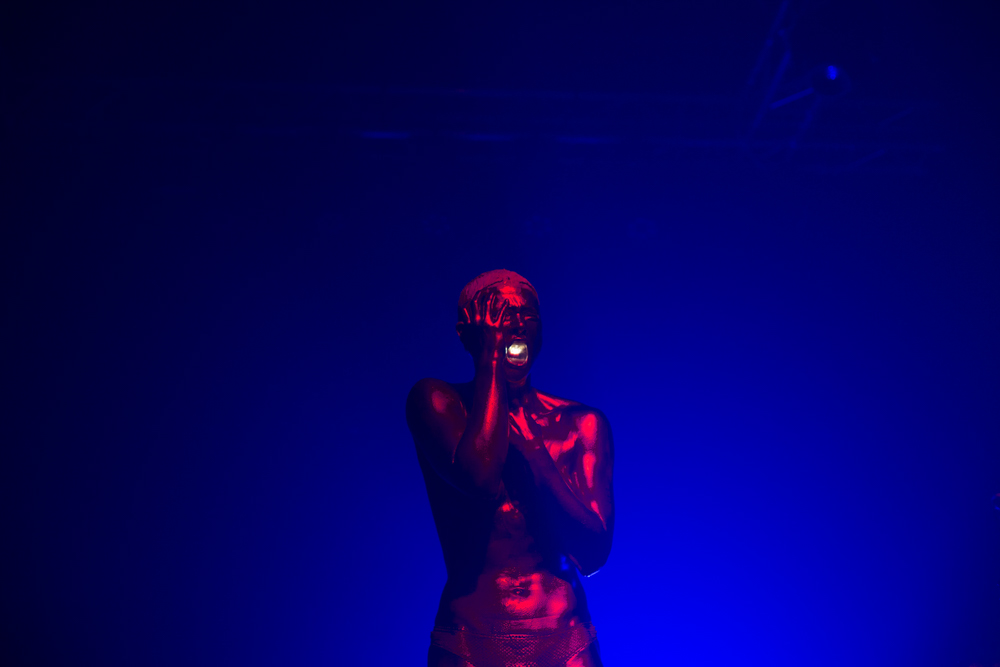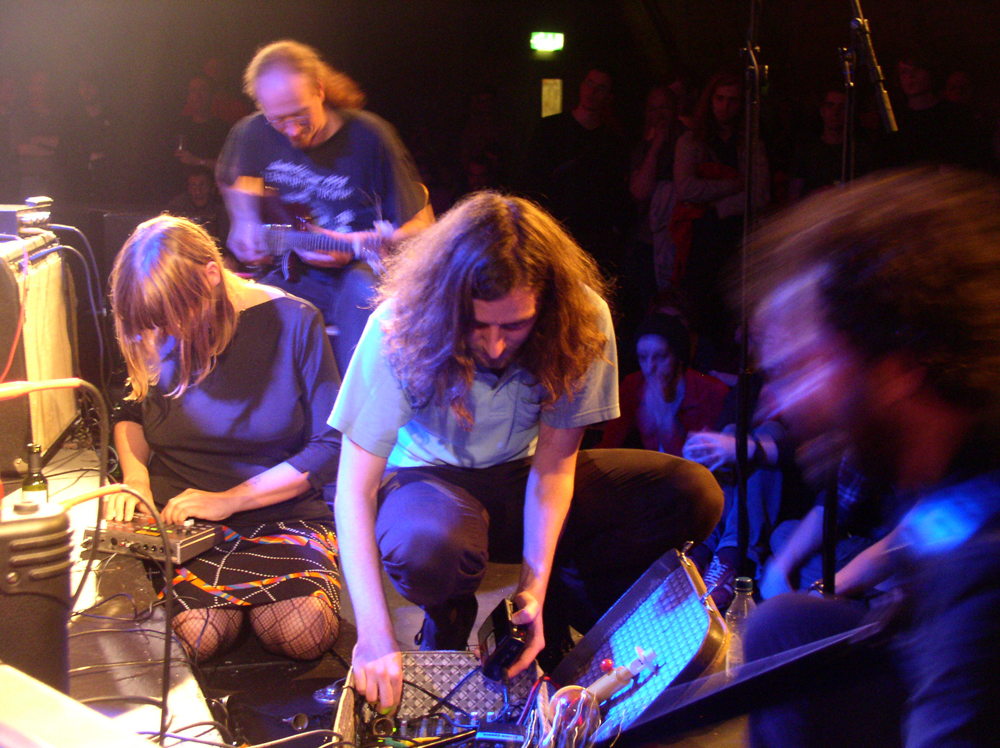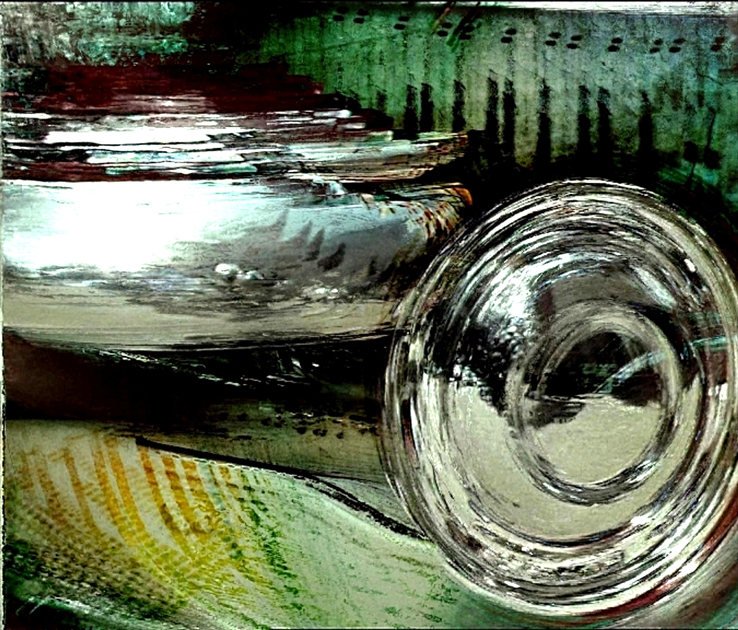
Listener as Operator
Howard Slater
Our favourite Lancashire-born autodictact asks what’s political about the tension between the individual and the collective in free jazz.
Arika have been creating events since 2001. The Archive is space to share the documentation of our work, over 600 events from the past 20 years. Browse the archive by event, artists and collections, explore using theme pairs, or use the index for a comprehensive overview.

Our favourite Lancashire-born autodictact asks what’s political about the tension between the individual and the collective in free jazz.

All ticket income goes directly to We Will Rise – a group of migrants, refugees, asylum seekers and their allies who have come together to End Immigration Detention in the UK.

By focusing on the things that most people don’t notice or pass by uncaring – Steve Roden crafts gentle, sparse and metaphorically loaded compositions.

A double bill of A (imageless) film of nothing but a sound recording and its transcription and a found film of news interviews about Malcolm X’s assasination, where the filmmaker decided to add nothing to it, except our attention.
Miniscule free-noise hissy-fits and broken instrument scrape/ squeal jams from the fools what brought you Giant Tank.

A life force of ecstatic clarity capable of loquacious bursts of affirmation.

Taking The Futurist Cinema’ manifesto and turning it into software to track ‘aluminium’ online, tracing relationships companies with interests in aluminum had to each other and other agencies.

Is it possible to dance our way out of the hardened stances and identity prisons we are locked in?

Usurper luddite twins’ disabled instruments play a game of pick-up-sticks with the deconstructed horn of a young Derby opponent.

To Rococo Rot member Robert Lippok performing for the first time in the UK with his solo project.

How can we imagine bodies not as an end in themselves, but as a medium through which we can become one another’s means?

A performance bearing witness to a struggle built upon patience and collective action from the great multi-instrumentalist and member of the AACM.